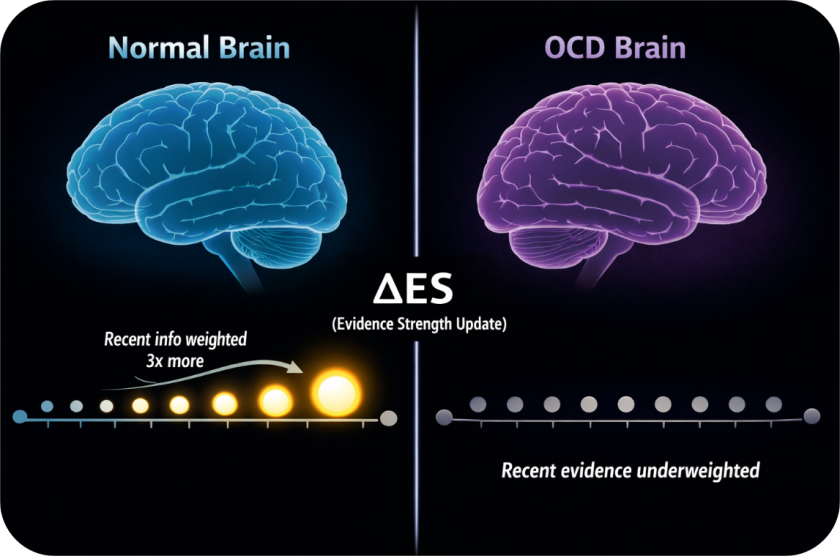Brain determines whether an individual is an optimist or pessimist by nature. It’s been quite some time experts were working on defining a set approach that establishes a person’s attitude towards life and lately Jason Moser from Michigan State University has been able to derive a ‘brain marker’ which is responsible for differentiating between positive minded people from negative minded individuals.
Researchers showed graphic images to 71 females participating in the study and asked them to imagine of a positive spin on the images shown while the researchers recorded the brain activity of the participants. For example, one of the images shown to the participants was of a man in disguise and holding a knife to a woman’s throat and the participants were told that one possible aftermath was that the lady breaking free from the disguised man and manage to escape unharmed.
Researchers had surveyed all the 71 women participating in the study to determine who positive thinkers are and who are with a negative mindset. After scanning the brain reading of the participants, they discovered that during the trial, brain of the positive thinkers was considerably less active than the gloomy ones.
The pessimists showed a perplexing reverse effect in the brain than what was expected when they were asked to curb their negative thoughts, said Dr. Moser. Such findings proposes that pessimist people find it really difficult to put a positive spin on adverse situations and find extremely challenging to overcome negative emotions even when they are frequently asked to stay positive.
Researchers specifically conducted the trial on women because females are generally twice more likely to experience from anxiety related issues than men. Findings from the study would provide the researchers a deeper understanding of how pessimist reacts and addresses a difficult situation.
Therefore, it is not always advisable to ask your friend in trouble to stay positive and control their negative emotions, as this might not be of real help to them. Rather advising them to look for an alternative solution or to look at the problem with an alternative prospective might be more helpful.
Nevertheless, for all the negative thinkers who reading the article, there is a piece of advice from the researchers. They suggest to practice and inculcate a habit of positive thinking. Although the process requires effort and time to tune naturally apprehensive and worried brain into positive thinker, but repetitive training can overcome the stress and might give an air of ease to the practitioners.
Source: Mdconnects
Image: blog.mindjet.com




